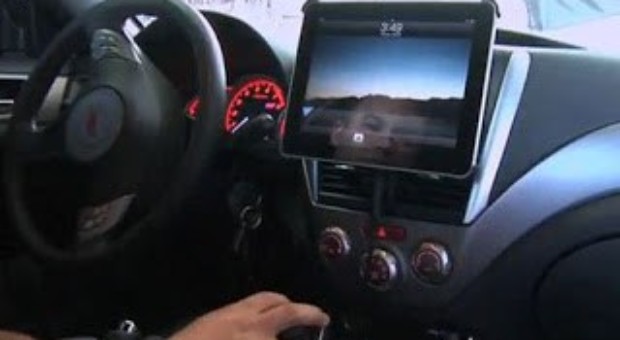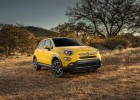
 |
| Seven Accessories You Must Keep in Your Vehicle at All Times |
Emergencies happen all the time, especially when you are driving somewhere.
From major road accidents by other drivers that can keep one stuck in traffic for hours to tire damage and engine failures in one’s own car, it##Q##s always best to be prepared.
When something like this happens to you, it can be disastrous especially if you are not well equipped to handle the arising emergency.
Here are seven accessories that you must have in your car at all times to deal with emergency situations.
1. Vehicle registration and insurance information
Most of us assume that insurance information, our driving license and vehicle registration documentation are basically carried around just in case we get pulled over however this is not the only reason. Road accidents sometimes occur.
They may be caused by you, the other driver or a force of nature and when metals meet, it never ends well. You will need to exchange your insurance information when it occurs and you need registration to prove that you and your car and its plates belong together. Always keep these documents close by – the registration and insurance license in the glove compartment and your driving license in the wallet or purse.
2. Food and water
You don’t carry food and water in your car only when you are going on a road trip. These are two essentials that you need in your car, it doesn’t need to be a fancy 5 course meal, but the bare minimum you need to stay alive in case you break down somewhere you cannot buy a meal.
You can even get stuck in a storm between home and work and for the endless hours you will have nowhere to go, you could starve. Pack compact healthy foods full of energy with long shelve lives and a few bottles of water in your car particularly when you are driving for quite a distance.
3. Basic first aid kit
You do not need to have an ornate of surgical arsenal in your trunk especially today when emergency services are sophisticated, but you still need a first aid kit with all the essentials to help in case of an accident until help arrives. The first aid kit should have:
- Pain relievers
- Bandages
- Burn cream
- Scissors
- Antiseptic wipes
- Other necessary medical equipment
- Small fire extinguisher
- Home and office numbers for your family members, friends or neighbors
4. GPS and map
Driving a long distance? Even if your car has an inbuilt GPS and digital map, it is a good idea to have a portable GPS or at least a compass and a map. If the car’s GPS fails or the charge on your smartphone drains out, you can rely on the paper map and GPS to find your way if you get lost.
With a paper map, the biggest problem you could face is folding it, which is insignificant compared to getting lost. Aside from that, always have a car phone charger with you to keep your phone battery full when you are away from home.
5. Booster cables
Booster cables, at times called jumper cables, are more important than most of us realize. Ever parked your car during winter and in the morning it cannot start?
Well, if you have booster cables, someone can help you start it up. Read your car manual to know what cables you need and practice how to use them safely. A jumpstart is not always a solution to all startup problems but it can get you started where you would otherwise be stuck.
6. Tire gauge and flat tire fixer
Several new cars do not come with a spare tire to save on weight and expenses, especially those meant to run within cities.
If your car relies on run-flats or a sealant in a can, make sure that you have it in the car at all times. However, if your car needs a tire change when there is a flat, make sure that the spare is always in good running condition. Have a tire gauge in your car and take the readings on all the tires at least once a week.
7. Flashlight
Last, but equally important is a flashlight. If you have a camera phone, chances are that you might assume the light on the phone will come in handy but it is better to have a battery powered or rechargeable flashlight for those night situations when your phone battery cannot get the job done. A good flashlight is one that can provide at least three hours of powerful light continuously.
Dealing with the emergency does not necessarily mean fixing the issue permanently, rather it means addressing the problem to get you where you are going or to a qualified mechanic. Some emergencies are easy to deal while others may be a little complicated.
Everyone needs to carry a few essentials that help deal with the most common emergencies on the road and the abver are a few of the most important.
About the author:
James McDonnel contributed this guest post. James is an automotive enthusiast and a freelance writer. His articles mainly appear online on auto publications. He enjoys rare driving experiences and he wants to try tank driving which was one of his childhood fantasies




















